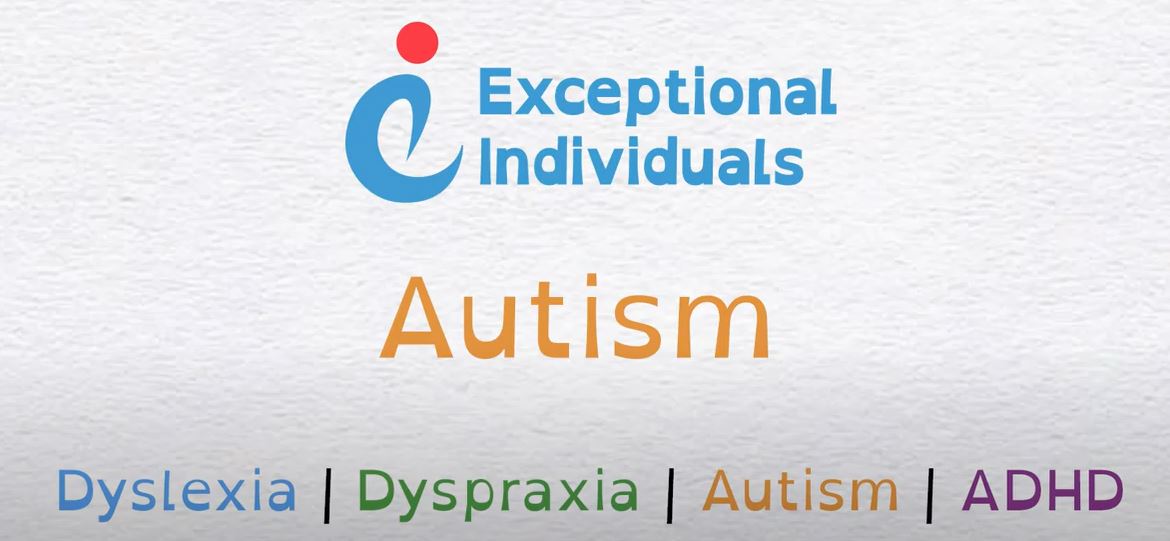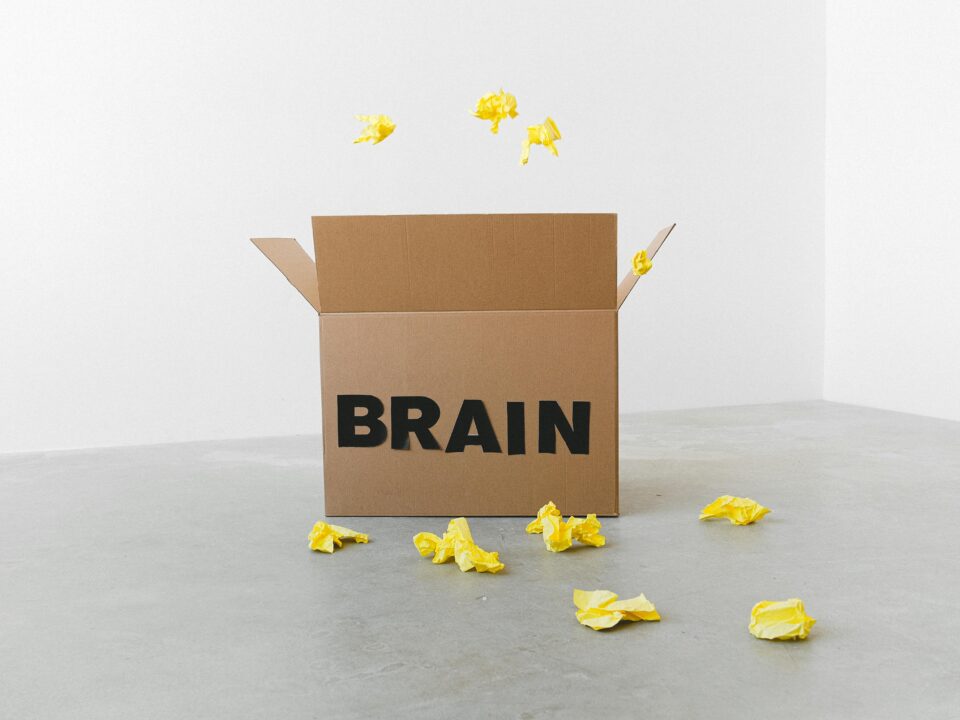Neurodivergent Symptoms: How to Know If You’re Neurodivergent

Featured image by Exceptional Individuals
Updated on 27th July 2022.
What are the symptoms of neurodivergence in adults?
Many neurodivergent individuals experience different emotional and behavioural symptoms, but there are some commonalities such as:
- Struggling with reading and writing
- Clumsiness
- Finding it hard to cope with crowds, bright lights, loud, sudden noises, or social situations
- Difficulty with focusing or keeping still
- No smiling or social responsiveness.
If you answered yes to any of the above, you could be neurodivergent.
What should you do if you think you’re neurodivergent?
If you think you are neurodivergent, the following tips could help you:
Take online quizzes on our website to see if you could be neurodivergent

Image by Sarah Chai, Pexels.com
The Exceptional Individuals website has quizzes for the following types of neurodivergence. Please note that you should only use these neurodiversity quizzes as indicators of neurodivergence, not formal diagnoses.
Consider getting a formal diagnosis

Image by Thirdman, Pexels.com
Please visit the following websites to find out how to get a formal diagnosis of a neurodivergent condition:
Autism
The National Autistic Society’s Guide to Getting a Diagnosis for Adults
April from Exceptional Individuals has made this visual guide on getting a diagnosis of autism:
ADHD/ADD
Simply Wellbeing’s Adult ADHD diagnosis in the UK
Dyspraxia
Dyspraxia Foundation’s Advice for Adults – Do you think you have dyspraxia?
Dyslexia
British Dyslexia Association’s Diagnostic Assessments
Dyscalculia
The Dyscalculia Information Centre’s Dyscalculia in adults
Dysgraphia
Healthline’s What is Dysgraphia?
Meares-Irlen Syndrome
Kent-Teach’.com’s Do you have Irlen Syndrome?
Hyperlexia
Hyperlexia UK’s Getting a diagnosis
The NHS website also has web pages on how to get diagnosed with some of the aforementioned neurodivergent conditions.
Available support after neurodivergent diagnosis

Image by Monstera, Pexels.com
If you are diagnosed with any form of neurodiversity, informing your friends, family and colleagues about it can help them understand your condition.
If you disclose your diagnosis to your manager or supervisor at work, they should be able to put reasonable adjustments in place and support you with your duties.
You can also book a workplace needs assessment with Exceptional Individuals.
The website Adjust has a list of Neurodiversity Training courses. They range from hour-long lunchtime courses to half-day courses. Adjust can also provide you with workplace consultancies. To find out more, please visit this webpage.
Am I Neurodiverse? Webinar
Nat Hawley, our Head of Community, has hosted a webinar that determines if people are neurodiverse. The webinar covers various types of neurodiversity such as dyslexia, dyspraxia, autism, ADHD, dyscalculia, dysgraphia, hyperlexia, OCD, Tourette’s syndrome and Meares-Irlen syndrome. This webinar is not intended to diagnose neurodiversity. Only a medical professional can make a diagnosis.




